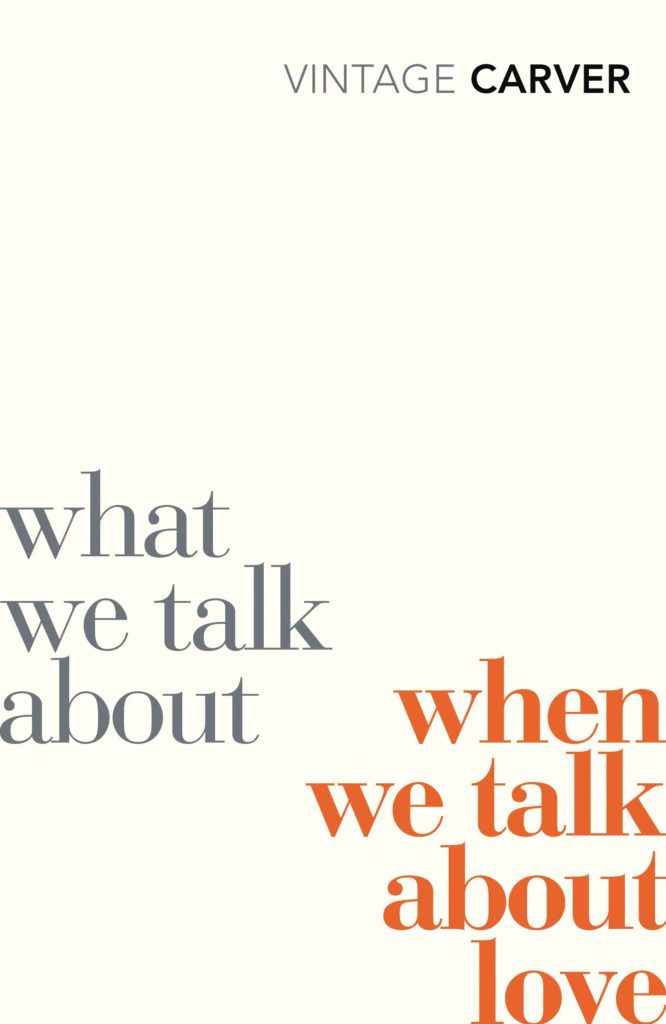Listen: we’ve all been coldly rejected by literary magazines. You work for weeks, months, maybe even years, to get a story, essay, or poem just right. You’ve workshopped the piece, brought it to your trusted readers, quadruple-checked for spelling mistakes until your eyeballs want to jump out of your skull. Finally, the piece is as done as a piece can ever be. You take a deep breath and hit SUBMIT.
And you wait. And you wait some more.
And then you receive one rejection, then another, then a dozen.
And then, if you’re anything like me, you probably reach for your hidden stash of chocolate.
I’ve been rejected by literary magazines multiple times
Since I began tracking my submissions in 2015, I’ve received over 450 rejections. Yes, you read that correctly: Four hundred and fifty. Many of these were damn good stories that, no matter how closely I scrutinized them after yet another rejection, still held up as being damn good, solid work. So why did no one want them?
Through my time at Stonecoast Review, first as a reader, then as fiction editor, and finally as Editor-in-Chief, I’ve gained insight into the other side of this frustrating, nerve-wracking, often demoralizing process we writers must endure to get our words out into the world. Great writing gets rejected by literary magazines all the time for all sorts of reasons, none of which reflects on the quality of the work and certainly not on the personality or talent of the writer submitting it.
Space limitations
Journals can only accept so much work. This past reading period, we received over 1,000 submissions for Stonecoast Review, and we accepted about twenty pieces. We’re a small journal with a finite number of pages we are allowed to fill. Every reading period, we have to decline heaps of brilliant writing.
Not submitting blind
You’ve written a story Raymond Carver would envy. Your prose is immaculate, your characters sparsely drawn but rich with nuance. And then you submit the work with your identifying information all over the manuscript. Journals request to read blind to ensure we are giving all writers a fair, unbiased chance. By adding your name to the MS when the submission guidelines clearly state not to, you force the journal to pass up great work. Which leads to another big thing…
Not reading submission guidelines
You want to spread your work far and wide, and it’s tempting to blanket every journal you can find with the same standard cover letter and manuscript format. SLOW DOWN. Read each journal’s guidelines carefully, at least twice. If they request no more than 15 pages of fiction written only in Times New Roman, honor that. If they ask you to tell them the work has been submitted to other journals, do so. Rules can be a drag, and writers are natural rebels. But in the submissions game, follow the rules.
Genius work, wrong journal
You submit a kickass space opera to a magazine that only publishes feline-narrated mystery stories. Your piece is great, but it’s not great for them. Do your due diligence when submitting your work—research journals, read samples from back issues, and take a look at the masthead to see what editors are looking for (and what they are definitely not looking for).
It’s not you, it’s them
There’s no exact science to this, for writers or for editors. We read pieces for Stonecoast Review that are compelling and technically flawless, and we have to pass them up simply because they don’t fit into the theme that organically develops for that issue of the journal. Or we receive two pieces similar to one another, and we have to choose just one to publish. Or it’s a Tuesday and it’s raining and the cat has to have another tooth removed. Life is busy and messy, and editors (who are just humans doing the best they can) have to make hard choices. And sometimes we get it wrong.
So the next time you get a rejection, by all means, reach for the chocolate. Cry or swear or do whatever it is to make yourself feel better. And then take another deep breath and send out more work, and prepare to get rejected by literary magazines yet again. Submitting is a numbers game—the more you send out, the greater your chances of getting accepted.
Slog ever onward, dear writers. This job requires resilience and tenacity.
Now if you’ll excuse me, it’s time for me to go work my way up to that 500th rejection.
Recommended reading
Here at Aspiring Author, we love recommending bestsellers and fawning over hot new releases. On this real time recommended reading list, you will find a list of top rated books on the publishing industry, craft, and other books to help you elevate your writing career.










